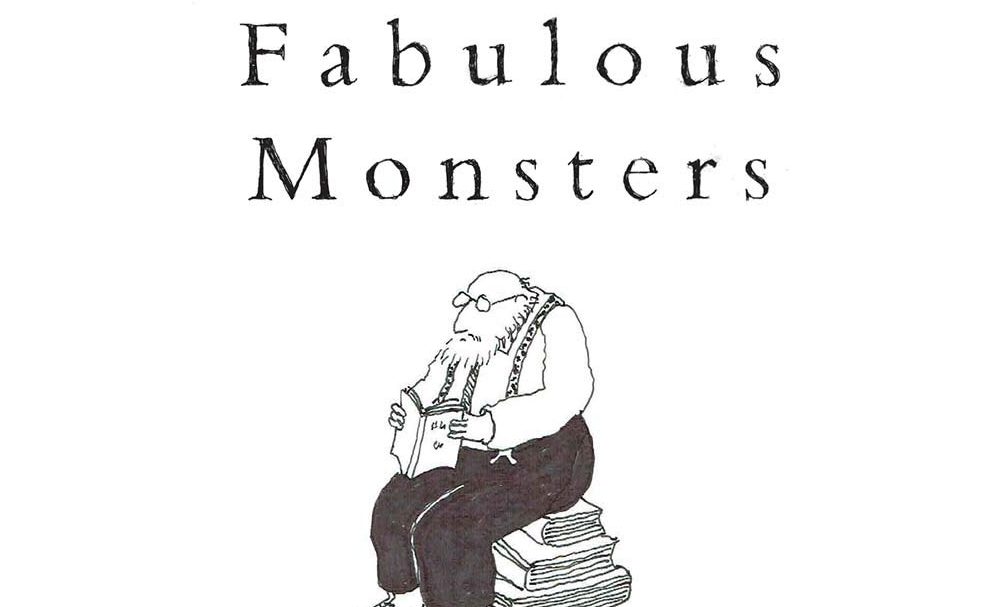The Right Thing to Do
Alberto Manguel
On Sunday October 15, 2023, the authorities in suburban Chicago accused a man of fatally stabbing a six-year-old boy on Saturday and seriously wounding the boy’s mother because they were Muslim, an attack that officials tied to the violence in Israel and Gaza. That same day, António Guterres, Secretary-General of the United Nations, declared that “In this dramatic moment, as we are on the verge of the abyss in the Middle East, it is my duty as Secretary-General of the United Nations to make two strong humanitarian appeals. To Hamas, the hostages must be immediately released without conditions. To Israel, rapid and unimpeded access for humanitarian aid must be granted for humanitarian supplies and workers for the sake of the civilians in Gaza. Each one of these two objectives is valid in itself. They should not become bargaining chips and they must be implemented because it is the right thing to do.” . . .
The right thing to do: this is the basic moral imperative, now and always. As we have known since the beginning of time, war brings suffering on all sides, through violence fueled by blind hatred for the other, and thirst for revenge. In war, both sides utter the amoral cry of the Franco’s falange, “¡Viva la muerte!”, “Long live Death!” This way lies our collective suicide.
In the midst of such irrationality, there are no practical solutions. Literature, however, might offer a redemptory example. The Iliad notoriously begins acknowledging the wrath that fuels murderous violence: “Mênin aeide, théa, Peleiadeo Achilleos.” “Sing, O Goddess, the wrath of Peleian Achilles” is a more or less literal English version of the Iliad’s first line. But what did Homer mean by “mênin”, “wrath”? Virginia Woolf noted that “it is vain and foolish to talk of knowing Greek, since in our ignorance we should be at the bottom of any class of schoolboys, since we do not know how the words sounded, or where precisely we ought to laugh, or how the actors acted, and between this foreign people and ourselves there is not only difference of race and tongue but a tremendous breach of tradition”.
However, readers can intuit the meaning of a poetic truth, however ancient. For example, in 1990, the Colombian Ministry of Culture set up a system of itinerant libraries to take books to the inhabitants of distant rural regions. For this purpose, carrier bookbags with capacious pockets were transported on donkeys’ backs up into the jungle and the sierra. Here the books were left for several weeks in the hands of a teacher or village elder who became, de facto, the librarian in charge. Most of the books were technical works, agricultural handbooks, collections of sewing patterns and the like, but a few literary works were also included. According to one librarian, the books were always safely accounted for. “I know of a single instance in which a book was not returned,” she said. “We had taken, along with the usual practical titles, a Spanish translation of the Iliad. When the time came to exchange the book, the villagers refused to give it back. We decided to make them a gift of it, but asked them why they wished to keep that particular title. They explained that Homer’s story reflected their own: it told of a war-torn country in which mad gods mingle with men and women who never know exactly what the fighting is about, or when they will be happy, or why they will be killed.”
Perhaps the Iliad, a poem about the horrors and suffering of war, can offer a few words in response to António Guterres’s plea. In the final book of the Iliad, Achilles, who has murdered Hector, who in turn has murdered Patroclus, Achilles’ beloved friend, agrees to receive Hector’s father, King Priam, come to ransom his son’s body. It is one of the most moving, most powerful scenes I know. Suddenly, there is no difference between victim and victor, old and young, father and son. Priam’s words stir in Achilles “a deep desire/ to grieve for his own father”, and with great tenderness he moves away the hand that the old man has stretched out to grasp the hands of his son’s murderer and put them to his lips.
… And overpowered by memory
both men gave way to grief. Priam wept freely
for man-killing Hector, throbbing, crouching
before Achilles’ feet as Achilles wept himself,
now for his father, now for Patroclus once again,
and their sobbing rose and fell throughout the house.
At length, Achilles tells Priam that they both must “put their griefs to rest in their own hearts”. To Achilles, and perhaps to Priam, and perhaps to the victims on both side of Israel-Gaza tragedy, this might be, however small, a consolation.
»But that is the bitterness of arts; you see a good effect,
and some nonsense about sense continually intervenes.«
Robert Louis Stevenson, The Dynamiter
+++ APPEARANCES & EVENTS +++
Talk: “Pierre Ménard, auteur de Borges”
Talk: "Pierre Ménard, auteur de Borges"
Conversation with J. M. Coetzee
Conversation with J. M. Coetzee
»Maybe this is why we read, and why in moments of darkness we return to books:
to find words for what we already know.«
Alberto Manguel
Alberto Manguel
Works
Fiction
Stevenson under Palm Trees
An intoxicating murder mystery set in the South Pacific, casting Robert Louis Stevenson as the protagonist.
Non-Fiction
A History of Reading
Exploring the six-thousand-year-old conversation between words and that hero without whom the book would be a lifeless object: the reader.
Contact
Impressum
Data Protection
© Alberto Manguel 2025



